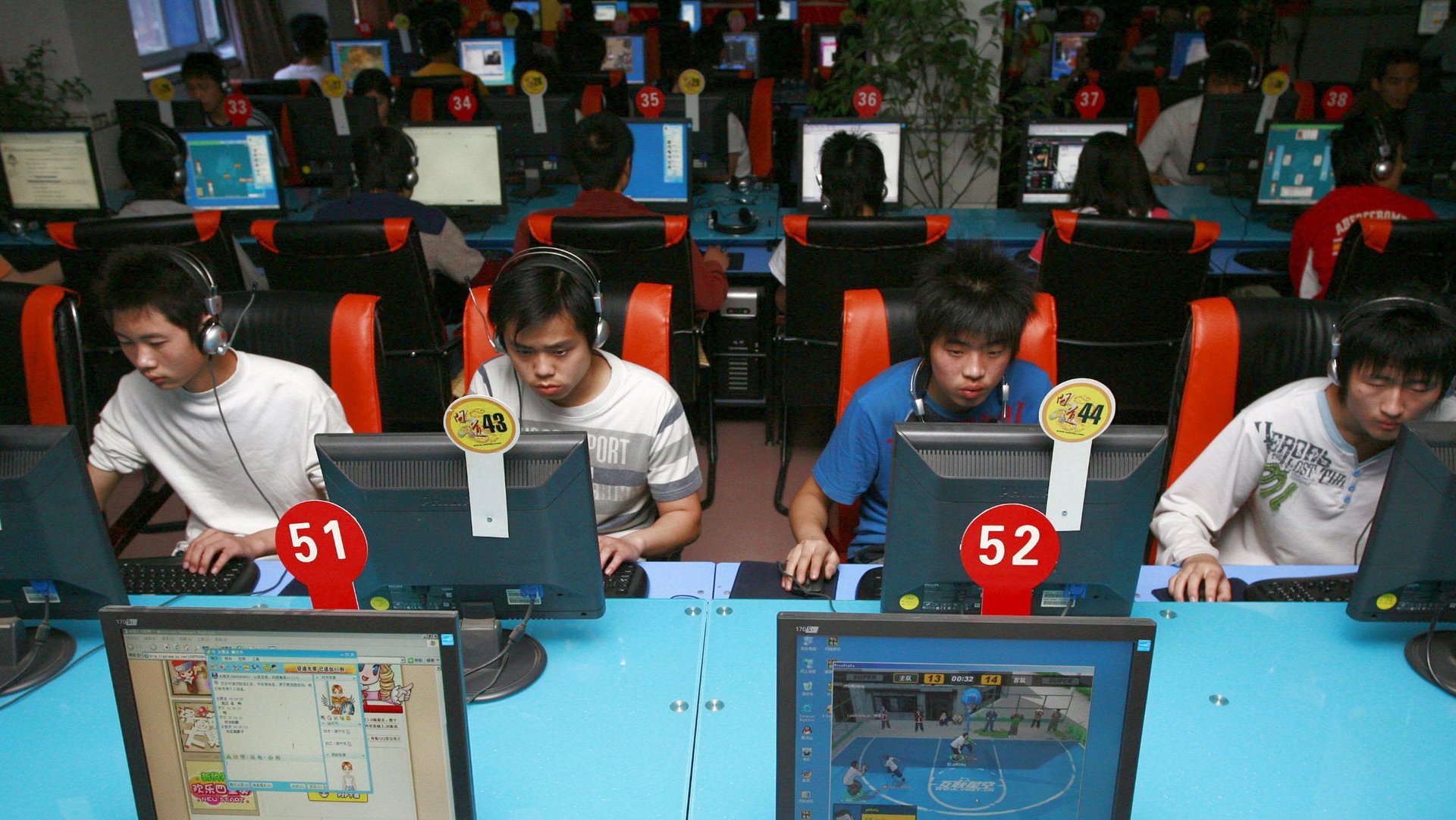China’s internet users are increasingly jumping the Great Firewall—to launch epic trolling campaigns
As China’s internet matures, it continues to grow more isolated from the rest of the world. Thanks to the government’s Great Firewall, which blocks access to key foreign websites, Chinese web users have largely stayed within the gates the government has built around its cyberspace. Users search on Baidu instead of Google, tweet on Weibo instead of Twitter, and have little online interaction with people or information from outside the country.


As China’s internet matures, it continues to grow more isolated from the rest of the world. Thanks to the government’s Great Firewall, which blocks access to key foreign websites, Chinese web users have largely stayed within the gates the government has built around its cyberspace. Users search on Baidu instead of Google, tweet on Weibo instead of Twitter, and have little online interaction with people or information from outside the country.
Yet amidst this isolation, an unlikely counter-trend has emerged. In an environment where it seems ever easier to “hurt the feelings of the Chinese people,” the nation’s internet users are increasingly jumping the Great Firewall to launch patriotic trolling campaigns on foreign social media.
One of the most widely reported campaigns took place last week, after Australian Olympic swimmer Mack Horton called Chinese rival Sun Yang a “drug cheat.” Horton’s remarks incited fury among Chinese internet users, and some of them attacked Horton on Instagram and Facebook—services inaccessible in China without using a virtual private network (VPN). Beijing generally turns a blind eye toward the use of VPNs, and they’re how millions of Chinese access the unfiltered web.
But Horton isn’t alone. Within the past year, Chinese commenters have launched two organized trolling campaigns on Facebook against Taiwan president Tsai Ing-wen. In January, a group calling itself Di Ba filled her Facebook page with memes mocking the island’s independence movement. Last November, a smaller but similar campaign prompted Tsai to write a tongue-in-cheek “welcome” for them on Facebook.
Nationalist rhetoric has long filled the pages of China’s domestic social networks, including Sina Weibo and WeChat. But organized crossover onto foreign services is a relatively new phenomenon.
Will we see more such attacks? Jason Q. Ng, who researches China’s internet at the Citizen Lab, believes the attacks will likely remain a novelty, occurring intermittently. “If Facebook were opened all the time, over time, those self-organized student groups might get bored of spreading wider mayhem,” he told Quartz after the Tsai incidents. “They might still target a few particularly prominent individuals or pages, but I doubt it’d bring the whole system down unless there was real political will behind it.”
China’s nationalist trolls are accustomed to a social media environment where the government removes posts, using a combination of keyword filters and human censors. Might they engage in more meaningful discourse upon experiencing the relative freedom of Twitter, Facebook, and their ilk? Unlikely. While some observers will note the irony of having to jump a firewall to spread political sentiment, China’s trolls don’t necessarily see it that way. To them, Facebook and Twitter aren’t symbols of the free internet, but rather social networks they simply don’t need.
“I’ve had Facebook for many years, but since it’s not very good quality, I’ve only used it for these past two days,” one Di Ba member told Quartz in January. “Social networks are about making friends, and none of my friends is on Facebook, so I’ve never had to jump the firewall. My life is within the firewall. I’ve never had to imagine it any other way.”